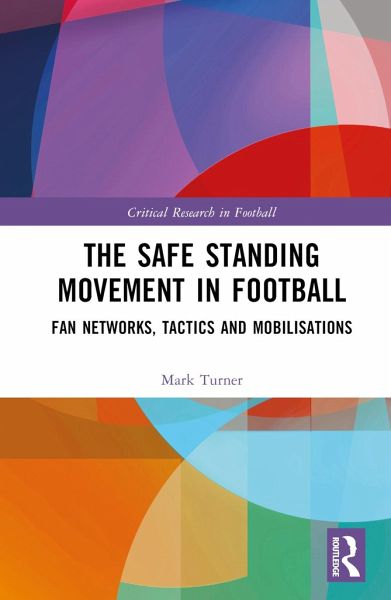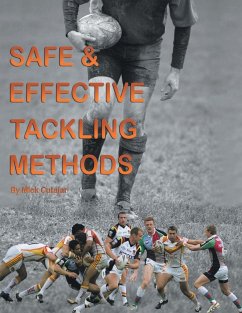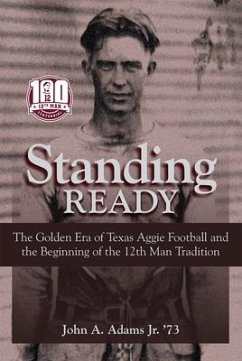
The Safe Standing Movement in Football
Fan Networks, Tactics, and Mobilisations
Versandkostenfrei!
Versandfertig in 1-2 Wochen
170,99 €
inkl. MwSt.
Weitere Ausgaben:

PAYBACK Punkte
85 °P sammeln!
This book tells the important story of the 30-year social movement against all-seated stadia in football in England and Wales that developed in the wake of the Hillsborough stadium disaster and the wider European and international significance of that movement. Examining the fan networks, relations, tactics, and interactions which built the 'Safe Standing' movement, this book reveals an untold social history of football supporter activism and represents an important contribution to our understanding of football supporter-based social movements, the sociology of football, and social movement st...
This book tells the important story of the 30-year social movement against all-seated stadia in football in England and Wales that developed in the wake of the Hillsborough stadium disaster and the wider European and international significance of that movement. Examining the fan networks, relations, tactics, and interactions which built the 'Safe Standing' movement, this book reveals an untold social history of football supporter activism and represents an important contribution to our understanding of football supporter-based social movements, the sociology of football, and social movement studies more broadly. This book argues that Safe Standing is sociologically highly significant because the restriction and partial exclusion of football fans as a social group in the timescape of English football after Hillsborough marked a moment of profound social change in the UK. Applying relational sociology, and drawing on original research and insider access, this book considers how events and ruptures, such as Hillsborough, shape the dynamics of a social movement. In this case, supporters, who have been deeply affected by the all-seating legislation, are now in a position to affect the future consumption of football. This book shows how this was achieved and how a small core network of approximately 30 supporters, networked with supporter groups across Europe, now stand to impact and shape the consumption habits of a key leisure practice all over the world. This is fascinating reading for any student, researcher, or policy-maker with an interest in football, sociology, political science, public policy, or cultural and social history.













